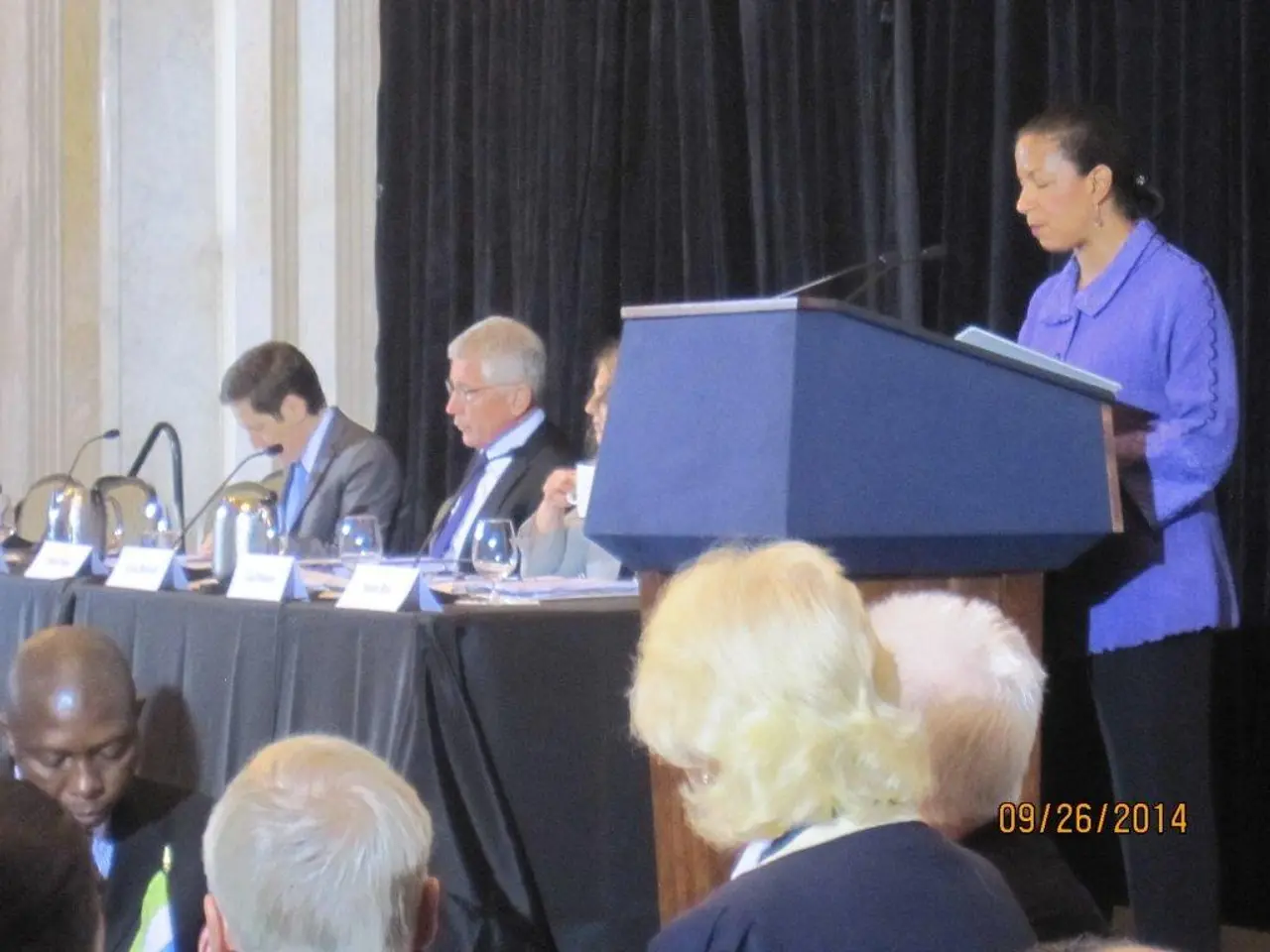Gathering of Anti-Communist Advocates, Conservatives Supporting Ukraine, and Insights on Middle Eastern Politics
The Suez Crisis of 1956 marked a significant turning point in the relations among the United States, Egypt, and the Soviet Union, and had profound consequences following the British, French, and Israeli invasion of Egypt.
### Impact on Relations Between the U.S., Egypt, and the Soviet Union
In July 1956, Egyptian President Gamal Abdel Nasser nationalized the Suez Canal, previously controlled by British and French interests, to fund the Aswan High Dam project after Western withdrawal of financial aid. This move symbolized rising Arab nationalism and challenged European colonial influence in the region.
The United States and the Soviet Union both condemned the Anglo-French-Israeli invasion that followed in late October 1956. Both superpowers demanded an immediate ceasefire and withdrawal of invading forces, despite their Cold War rivalry. This marked a rare moment of U.S.-Soviet alignment in opposing colonial aggression.
The crisis revealed that Britain and France could no longer conduct independent military actions in the Middle East without U.S. approval, signaling their declining global influence and the U.S.'s emerging role as a key power broker. The Soviet Union, meanwhile, gained influence by positioning itself as a defender of anti-colonial movements like Egypt’s.
### Consequences of the British, French, and Israeli Invasion
Israel invaded Egypt in response to the nationalization of the canal, while Britain and France intervened under the pretense of protecting the Suez Canal. The invasion was met with fierce international condemnation, including economic and political pressure from both the U.S. and USSR, forcing the invading forces to withdraw by early 1957.
The crisis resulted in over 1,000 Egyptian casualties, as well as losses on the Israeli, British, and French sides. Strategically, Egypt emerged politically victorious, having maintained control of the canal and enhanced Nasser’s image as a leader of Arab nationalism. Britain and France lost significant influence in the Middle East.
Although Israel did not regain full access to the canal, it secured freedom of navigation through the Straits of Tiran and temporary occupation of the Sinai Peninsula and Gaza Strip for about four months. The Suez Canal itself was closed from October 1956 until March 1957, disrupting global trade and further emphasizing the canal's geopolitical importance.
The crisis accelerated the decline of European colonialism and contributed to the rise of the Non-Alignment Movement, as newly independent countries sought alternatives amidst Cold War pressures.
In summary, the Suez Crisis of 1956 was a turning point demonstrating the decline of British and French colonial power, the emergence of the U.S. and USSR as dominant global powers asserting influence over the Middle East, and the rise of Arab nationalism under Nasser. The invasion led to international pressure forcing a withdrawal, strengthened Egypt’s position, and reshaped Cold War dynamics in the region.
- The Suez Crisis of 1956 also had an impact on the relationship between Russia and the United States, as both nations expressed concern over the British, French, and Israeli invasion, aligning briefly in their opposition to colonial aggression, despite the ongoing Cold War.
- The Soviet Union capitalized on the crisis, attempting to bolster its influence in the Middle East by positioning itself as a supporter of anti-colonial movements, such as Egypt's, and asserting its role in global politics and military strategies.
- The history of the Suez Crisis serves as a significant example of the intertwining of military intervention, intelligence, and politics, as well as the wider implications of strategic decisions on the global stage, particularly in relation to general news and international relations.







